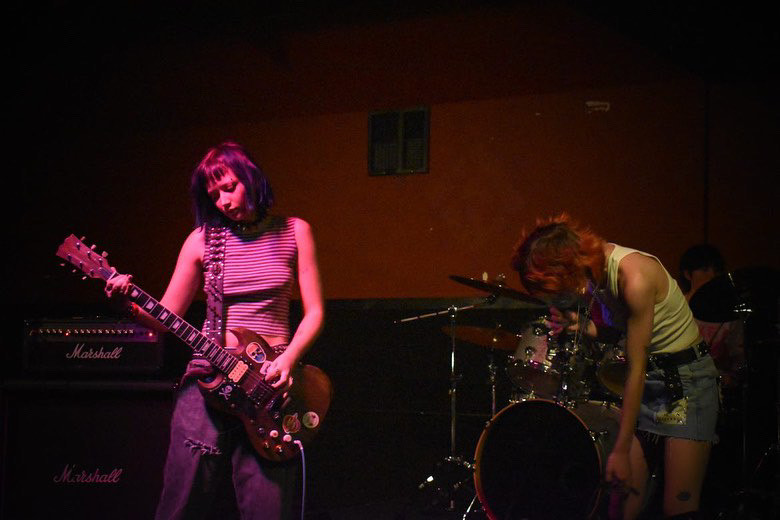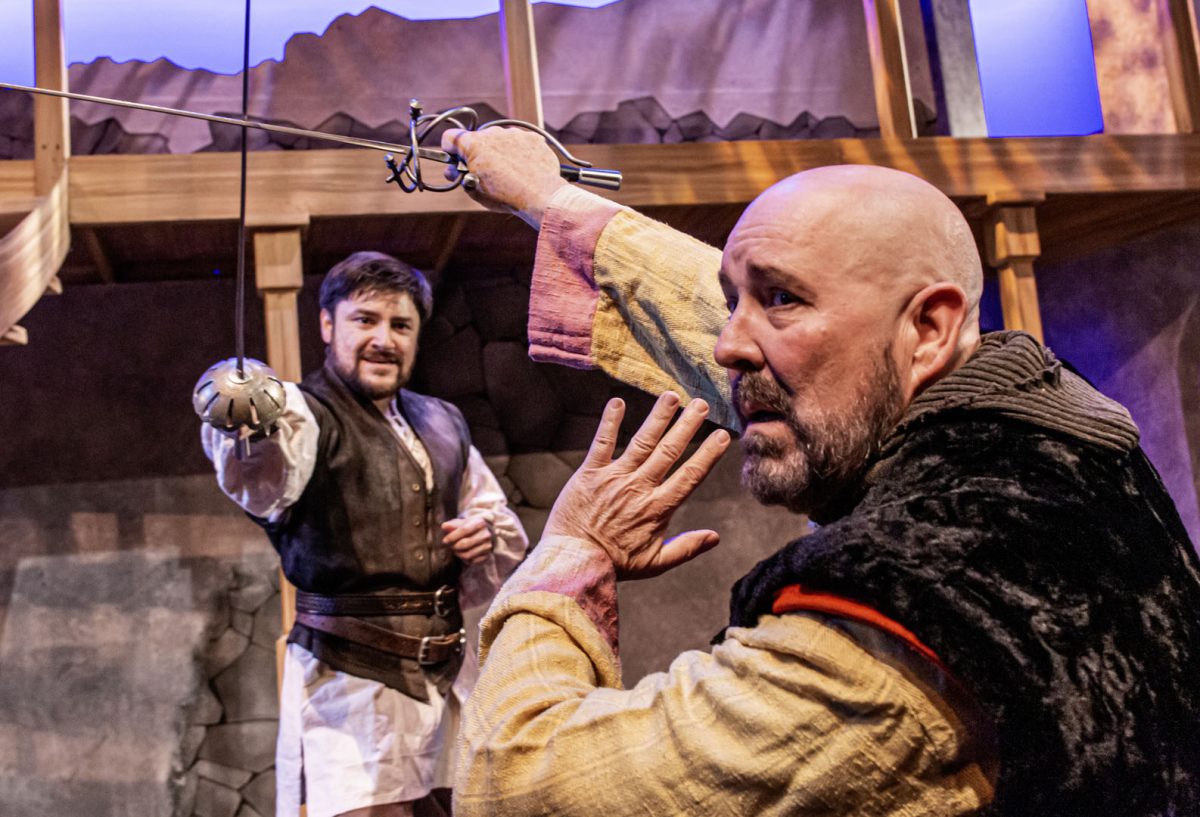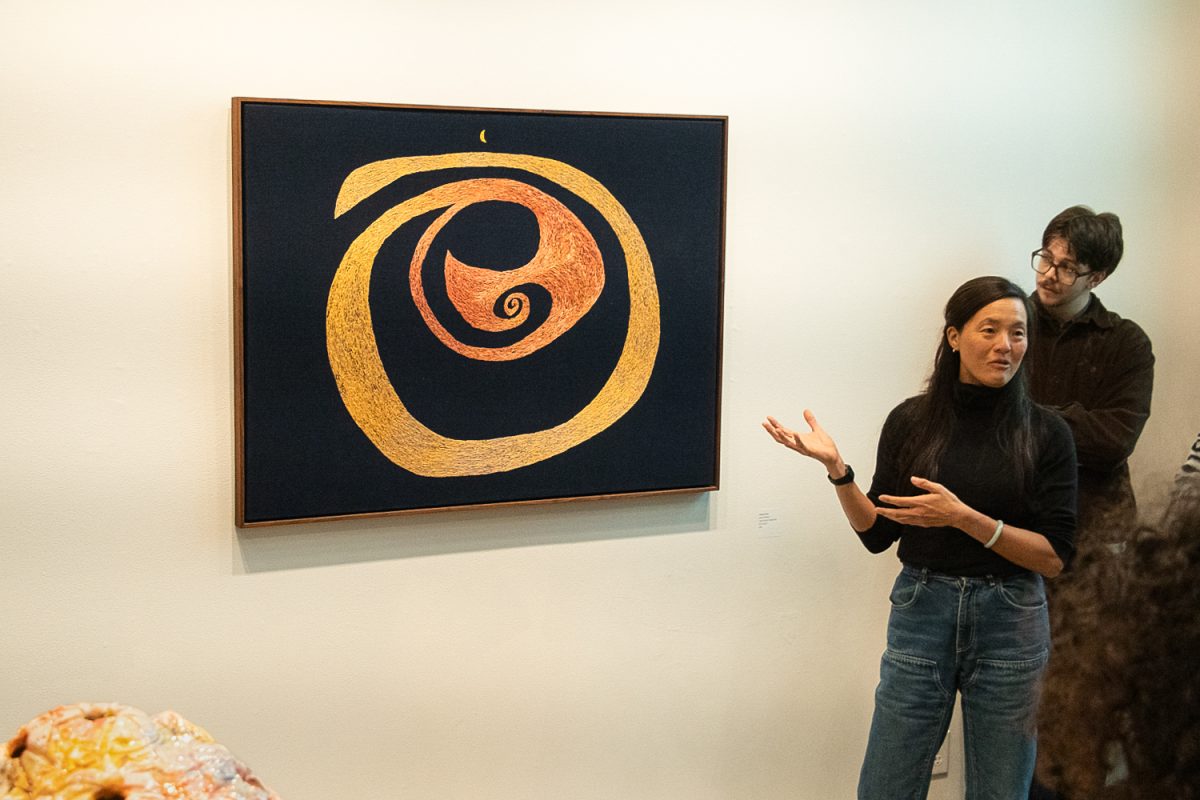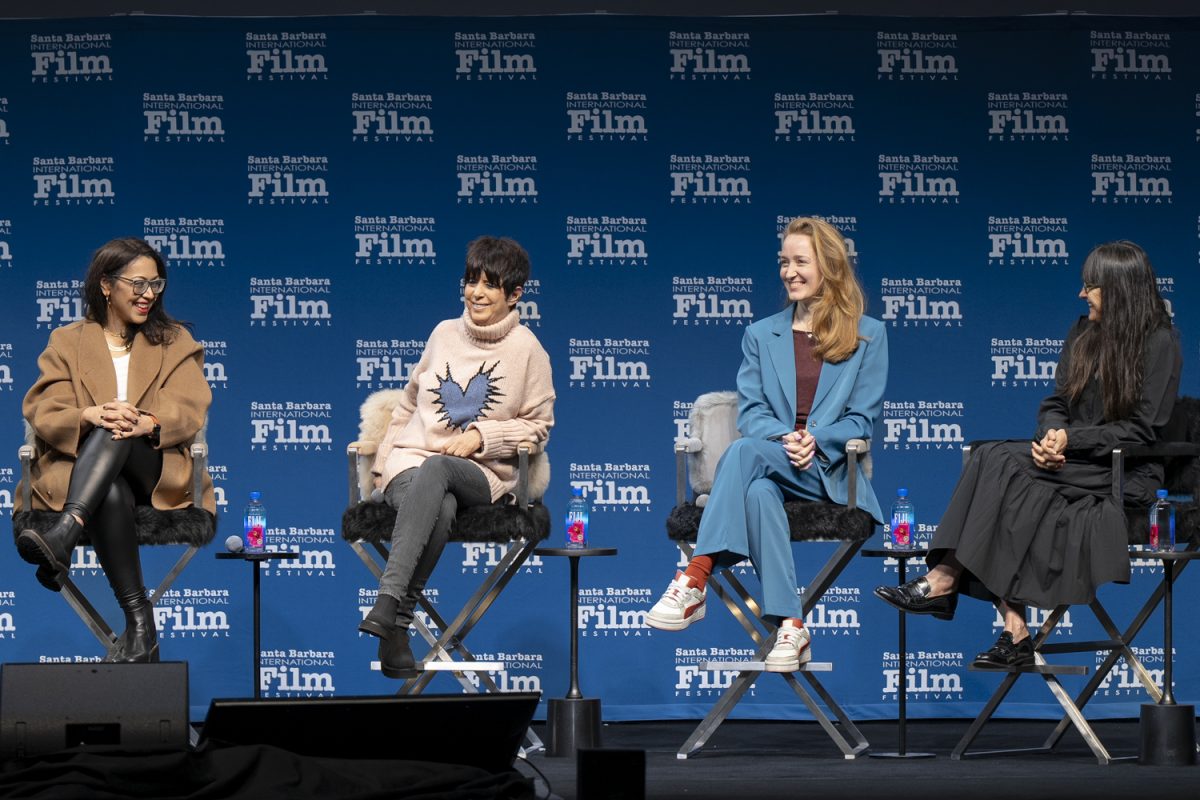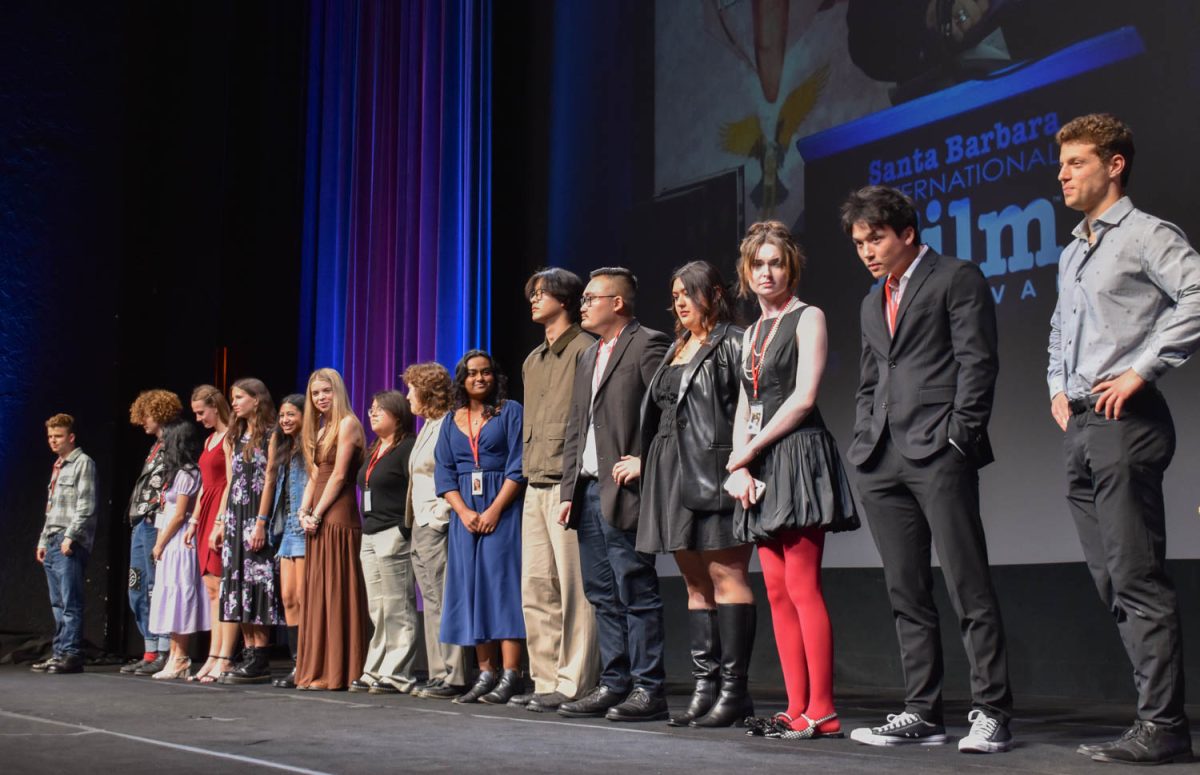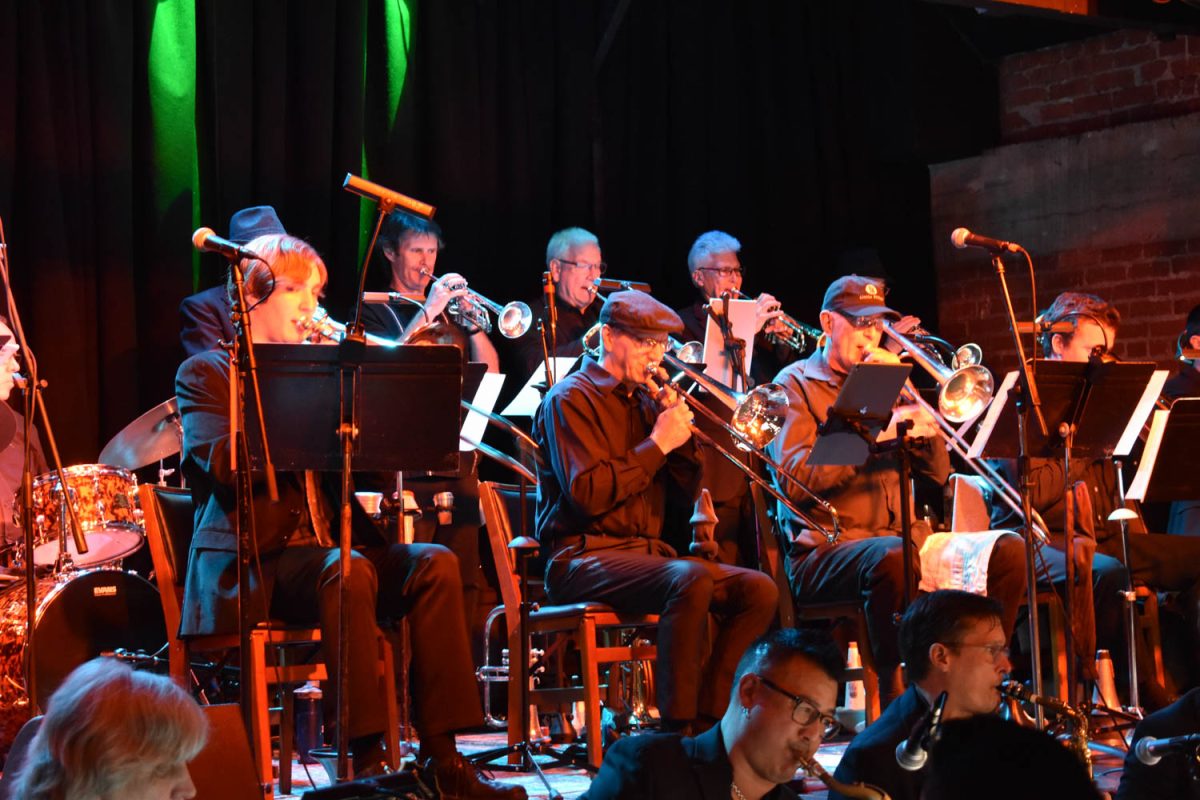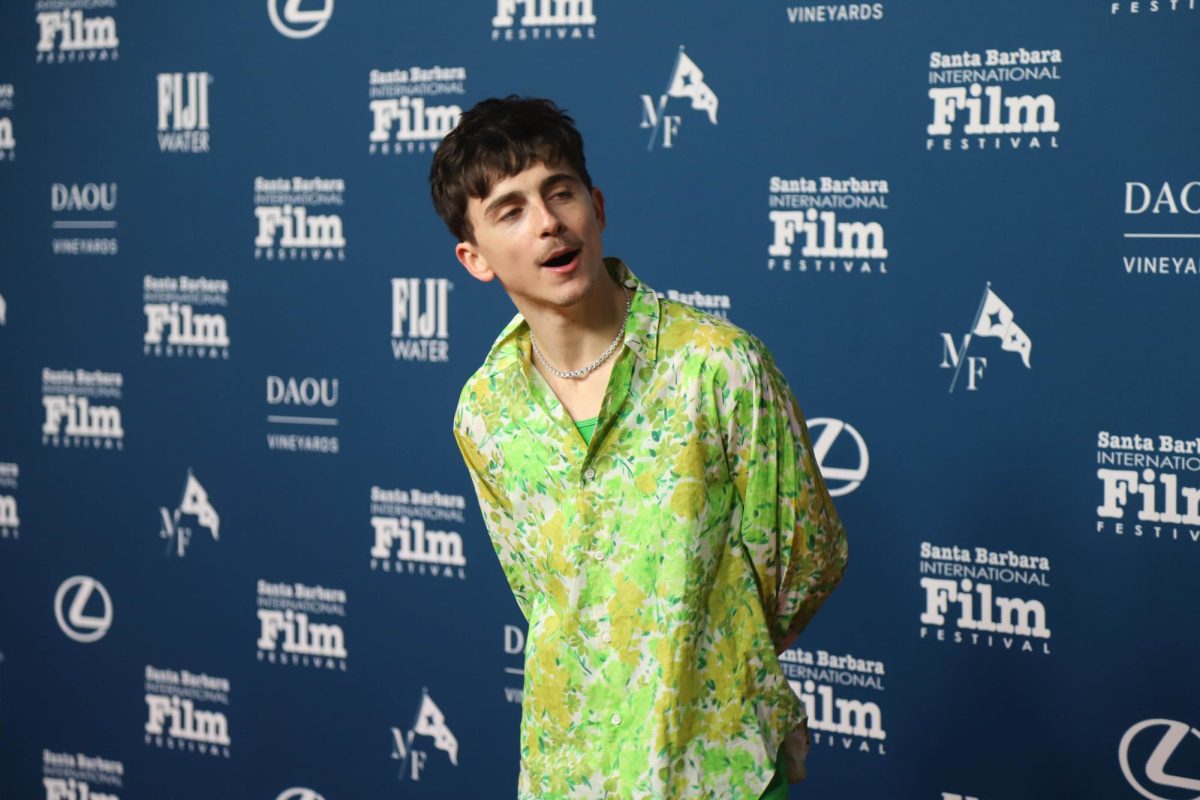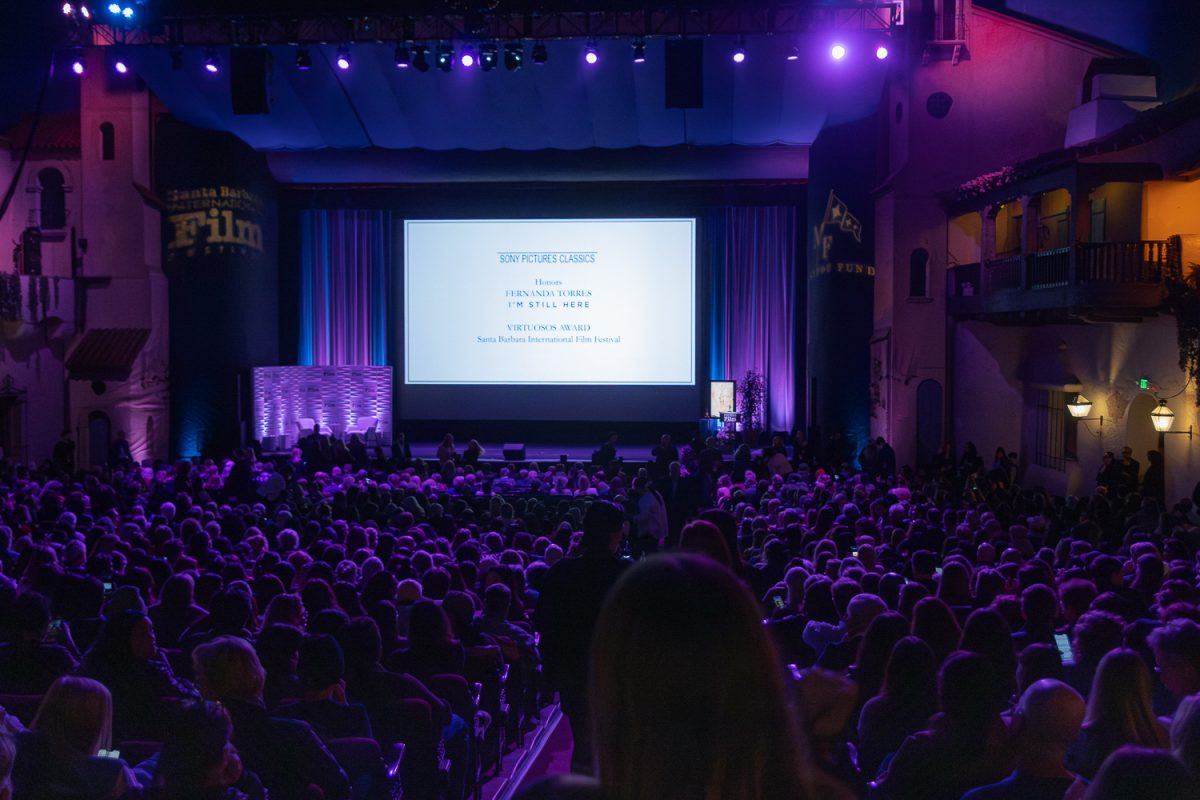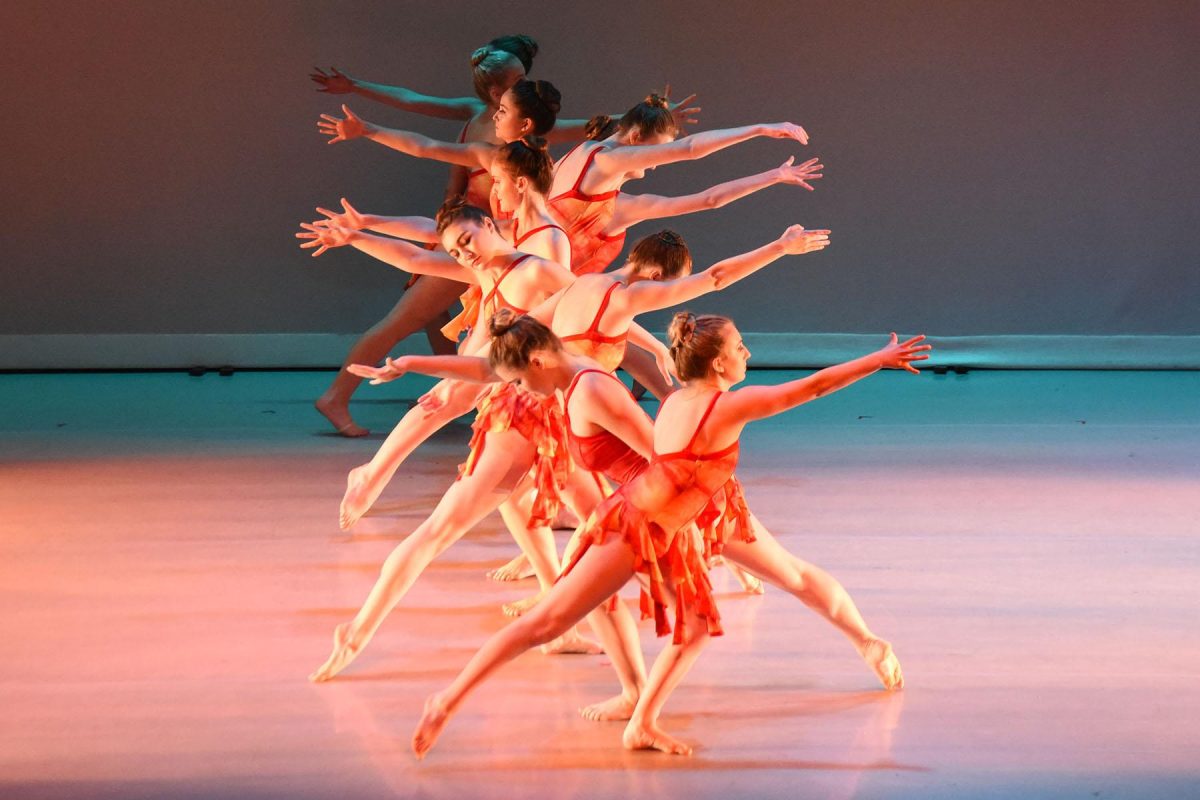Everyone loves a good story, but not all story types can be appreciated by everybody. Some may prefer to take part in an epic fantasy war, while others love hearing the depressing inner monologue of some mental patient’s memoirs. Whether it’s an action, drama or comedy, there are enough genres and stories out there for everyone to find their niche. That’s why, this week The Channels staff offers genres that they love and gives suggestions for good introductions for each.
 August Lawrence, Arts & Entertainment Editor
August Lawrence, Arts & Entertainment Editor
Parody – ‘Piranha Brothers’ – Monty Python’s Flying Circus (1970)
It’s the jack of all trades and the master of none. What I love about parody is the fact that it can be of anything. Everyone loves to laugh, and what better way to get you in a happy mood than with some clever humor. Whether it’s a horror or a drama, or even a play on a newscaster, a well-written parody can disarm even the most cynical of critics. That’s why my perfect example of a parody is the sketch “Piranha Brothers” by the comedy troupe Monty Python. The sketch itself parodies a local TV station news report about the brothers, who are the leaders of a local gang. We get an in-depth, breaking news view on the local travesties done by the Piranhas, such as exploiting local shop owners through intimidation and nailing enemies’ heads to tables. The journalists take themselves way too seriously and the events they report on are just silly enough to make anybody burst into laughter. Hosted by Terry Jones as the main reporter, this early skit not only shows the genius of the Monty Python writers, but is also the perfect example of parody. If you’re looking for a good introduction to this genre, then the “Piranha Brothers” sketch by Monty Python is the piece for you.
 Alloy Zarate, Features Editor
Alloy Zarate, Features Editor
Metafiction – ‘Breakfast of Champions’ – Kurt Vonnegut (1973)
I went on a spree of reading Kurt Vonnegut books last year and this was one of the most memorable for its fourth wall breaks. The novel’s main plot follows Kilgore Trout and Dwayne Hoover, two characters with completely different lives and personalities, and the shenanigans that get their paths to intersect. Vonnegut is the narrator but is also the god of that world. By the end of the novel, Vonnegut grants one of the characters free will, in a style similar to “The Truman Show.” In one of the most meta scenes in the novel, Vonnegut sits in the same room as his fictional character. He acknowledges that he is their creator but he doesn’t interact with them, he just watches them inside their fictional world as they get closer to their destinies. I have always liked the idea that I am the main character in a work of fiction, which is why I am attracted to this genre. Vonnegut not only wrote himself as the main character of his own novel, but also made himself a god with the ability to grant and take away free will.
 Ryan P. Cruz, Editor-in-Chief
Ryan P. Cruz, Editor-in-Chief
Horror/Thriller – ‘Get Out’ (2017) and ‘Us’ (2019) – Jordan Peele
Jordan Peele’s transition from sketch-comedy to directing some of the best contemporary horror thrillers was surprising, but his first two films got into my head and under my skin with subjects that were terrifying because Peele’s horror is based on real human fears. Racial tension and stereotypes are at the heart of these two films, and he was able to represent how they manifest in the real world while also exploring the supernatural. I have always loved the feeling of being scared. I used to read ghost stories and watch classic horror flicks from behind a couch cushion, unable to take my eyes away from the screen. That feeling always makes me feel alive and gets my heart racing, but I found that horror films were losing their luster for me. It had turned into a gory bloodfest, with choppy editing and shoddy acting, but after seeing “Get Out” and ‘Us” I knew that the genre wasn’t dead. “Get Out” earned four Academy Award nominations in 2018, with Peele winning Best Original Screenplay, and it sparked a whole new generation of realistic horror/thrillers that revived my favorite genre.
 Rodrigo Hernandez, News Editor
Rodrigo Hernandez, News Editor
Mafia/Gangster – ‘Mean Streets’ – Martin Scorsese (1973)
When looking at the extensive catalog of “Mafia/Gangster” movies, a multitude of classics may come to mind. Many often recall film titans such as “The Godfather,” “Goodfellas,” “Scarface” and more. However, I am suggesting a film that is made by, arguably, the genre’s greatest director and is often overlooked. Which is Martin Scorsese’s “Mean Streets.” While still having action throughout the movie, but differing from the films mentioned before, “Mean Streets” doesn’t include mansions, luxurious cars and machine guns. Whether that is due to the earliness of the careers of both the director and actors or the fact that half of the budget was spent on the soundtrack, which was definitely worth it, “Mean Streets” takes a much more intimate and small-scaled look into the mafia lifestyle, while also being a time capsule of New York’s Little Italy in the early ’70s. The film includes Scorsese’s signature tropes, such as a dolly shot of Robert De Niro set to “Jumpin’ Jack Flash” by The Rolling Stones, and features fantastic early performances from De Niro, Harvey Keitel, David Proval and Richard Romanus. Any film buff or casual-watcher will find something to enjoy out of this one-of-a-kind, in-depth experience from Scorsese’s early career.
 Jacob Frank, Opinion Editor
Jacob Frank, Opinion Editor
Autobiographical/Nature – ‘Desert Solitaire: A Season in the Wilderness’ (1968) – Edward Abbey
This book by Edward Abbey is one of my favorites. It’s part-autobiographical and part-philosophical writing about both nature and Abbey’s season as a park ranger in Moab, Utah. The book is like a journal, but it doesn’t ramble. Abbey documents his thoughts, feelings and experiences immersed in “the red dust and the burnt cliffs and the lonely sky—all that which lies beyond the end of the roads.” Every line is poetic and visually striking. I like this type of writing because not only does it paint a picture of a beautiful world, it documents a man and his thoughts as he reflects on his relationship with the natural world and society. There are also many calls-to-action riddled in the book as Abbey looks down on an emerging national-park system with contempt, believing it to be an excuse for capitalists to exploit landscapes that should be left untouched. “Love flowers best in openness and freedom,” and this genre bloomed my love for worlds that flirt with fiction, but are as real as the burnt cliffs if you look hard enough.
 Desiree Erdmann, Photo Editor
Desiree Erdmann, Photo Editor
Greek Mythology/Fantasy Fiction – ‘Percy Jackson’ Series (2005-10) – Rick Riordan
Mythology is fascinating and there are so many subjects within the realm. A portion of the mythology world that I treasure so much is Greek mythology. The ‘Percy Jackson & the Olympians’ series is the perfect series to get someone started in the vast portion of mythology that Greek Mythology is. All five of the books are fantastic that readers of any age can be sucked into and fall in love with. In the first book alone the reader has a mini-crash-course into the mythology that is presented in a way that isn’t overwhelming. You learn all about the gods, demi-gods, and some of the most prominent characters that would be told in any classic story about the ancient Greeks. Throughout the next four books, the information that is taught in that tangible way is built upon to not only inform the reader but to also build upon the characters in a non-cheesy way.




